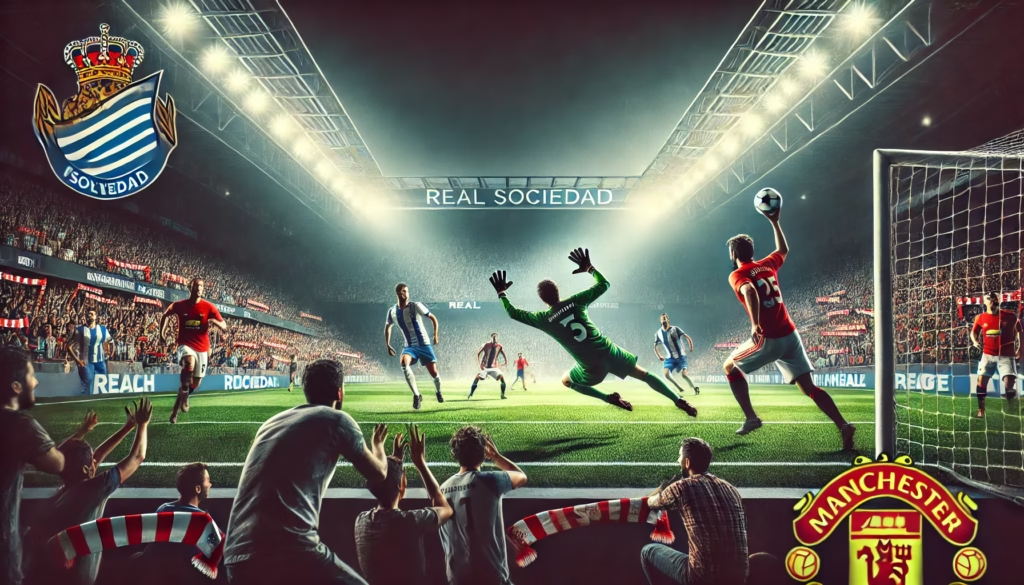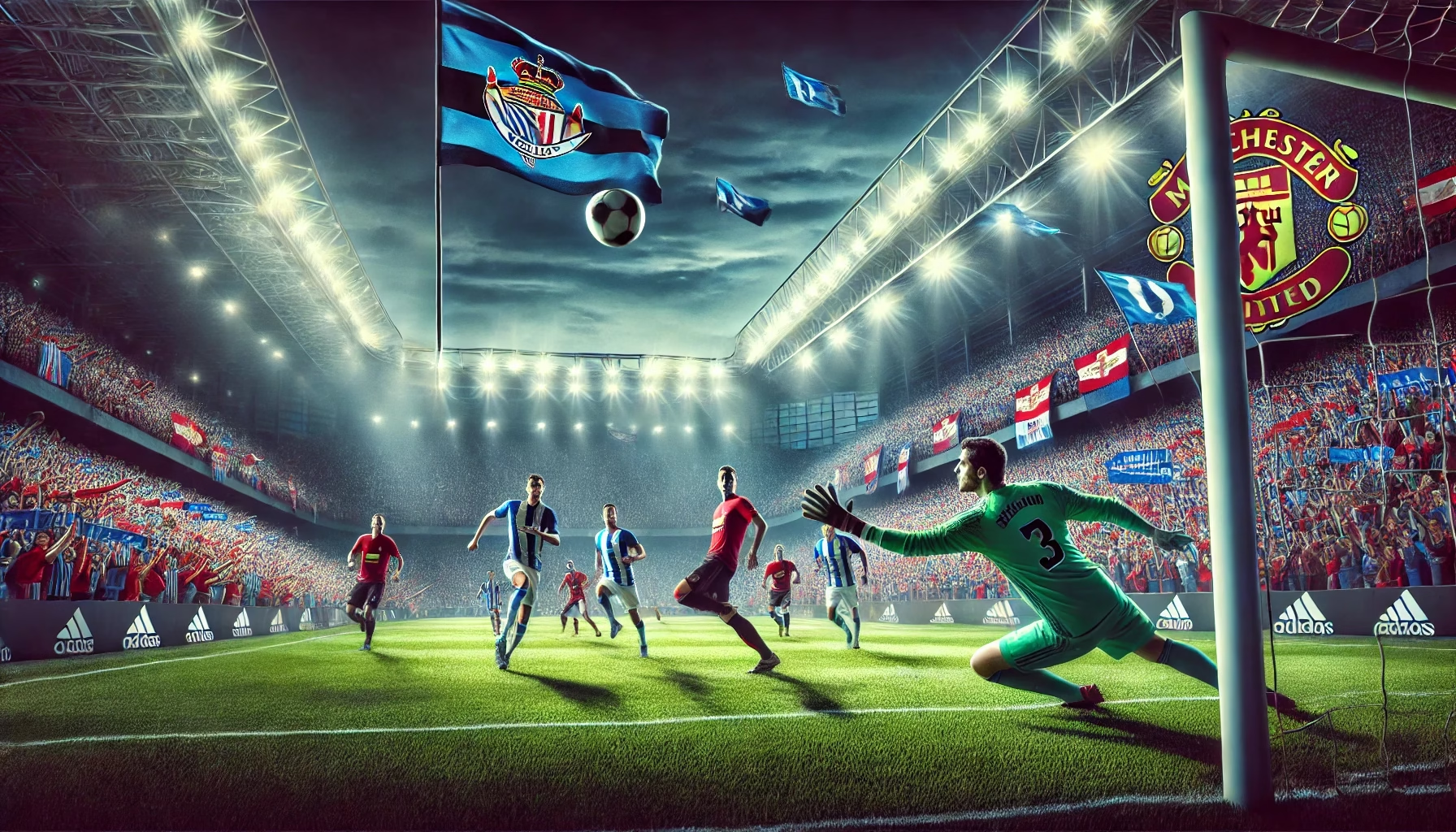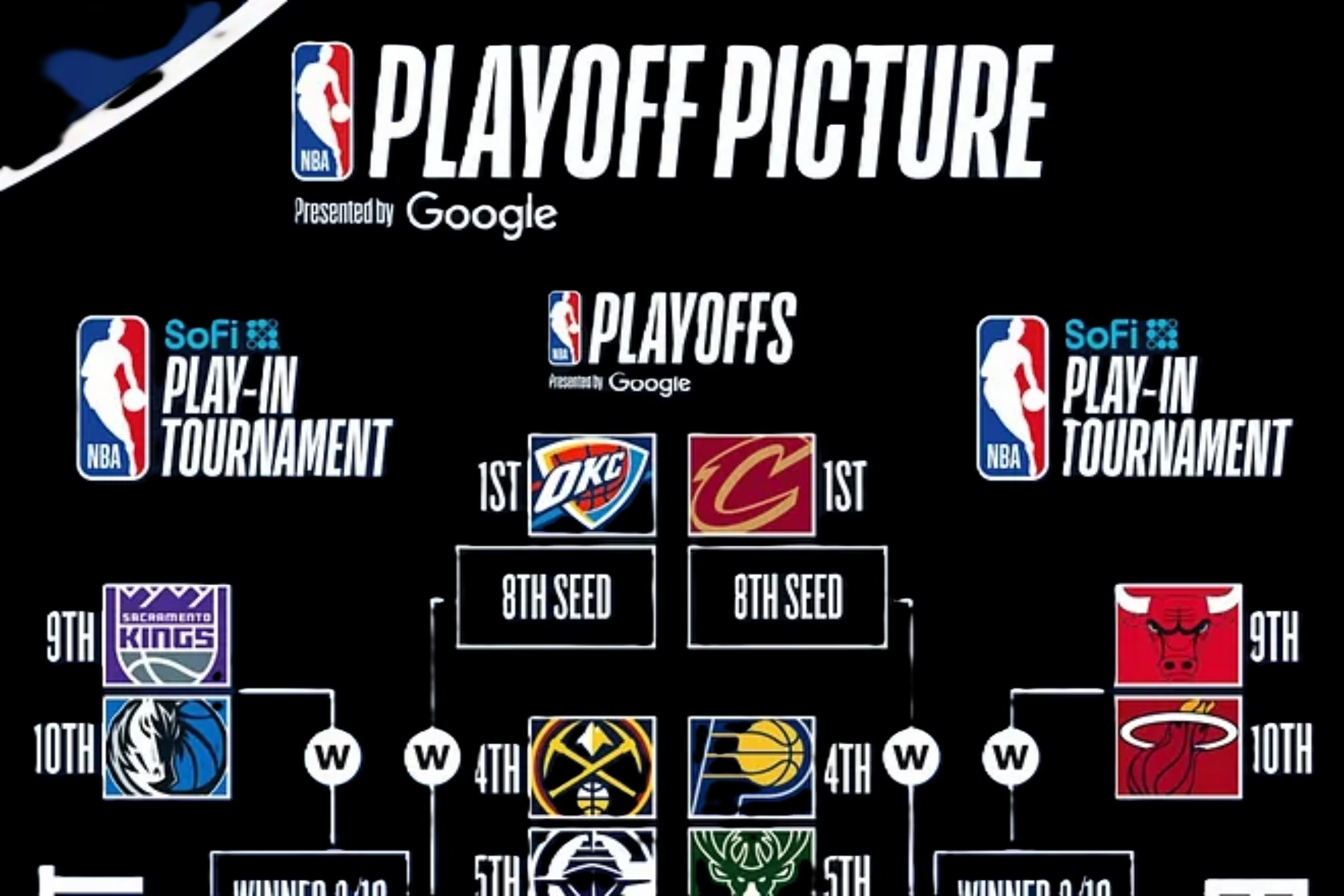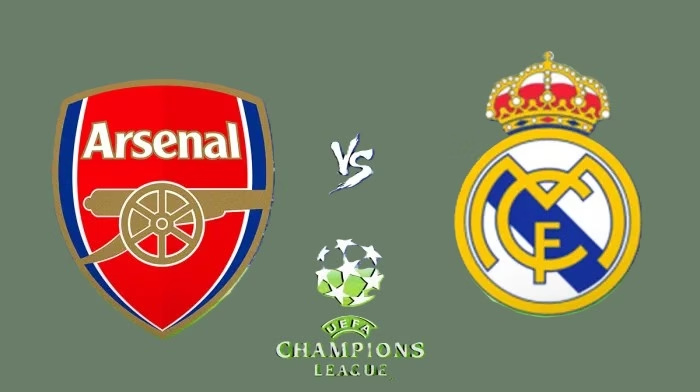Real Sociedad vs Manchester United: Epic Europa League Showdown Analysis

The football world’s attention turns to the picturesque Reale Arena as Real Sociedad prepares to host Manchester United in what promises to be a captivating UEFA Europa League Round of 16 first leg encounter. This high-stakes European clash pits Spain’s technical wizards against England’s fallen giants in a contest with significant implications for both clubs’ seasons. As two storied teams with rich European pedigrees collide in San Sebastian, we delve deep into every aspect of this fascinating matchup, from tactical battles to key player performances, historical context, and potential game-changing moments.
Historical Context: Previous Encounters and European Pedigree(Real Sociedad vs Manchester United)
Real Sociedad and Manchester United’s European history together provides a fascinating backdrop to Thursday’s clash. The teams have developed something of a rivalry in recent years, having faced off six times in European competition since 2013. Their encounters began in the 2013-14 Champions League group stage, where United emerged victorious in both matches under David Moyes.
More recently, these two sides have become regular opponents in the Europa League. The 2020-21 season saw them drawn together in the Round of 32, with Manchester United dominating proceedings. The Red Devils effectively killed the tie in the first leg with a commanding 4-0 victory in Turin (played there due to COVID-19 restrictions), featuring a Bruno Fernandes brace alongside goals from Marcus Rashford and Daniel James. The return leg at Old Trafford produced a goalless draw, with United progressing comfortably on aggregate.
The 2022-23 Europa League campaign brought another chapter to this developing rivalry. The teams were drawn together in the group stage, with each winning their respective home matches. Real Sociedad secured a notable 1-0 victory at Old Trafford thanks to a Brais Méndez penalty, while United avenged this defeat with their own 1-0 win at the Reale Arena through Alejandro Garnacho’s strike – his first senior goal for the club and a moment that announced the Argentine teenager’s arrival on the European stage.
Real Sociedad’s European journey has been marked by periods of promise without sustained success. The Basque outfit reached the European Cup semi-finals in 1982-83 but has struggled to make significant inroads in continental competition since then. Their best modern achievement came in 2002-03 when they qualified for the Champions League after finishing second in La Liga. Recent years have seen them become more regular participants in European competition, though they’ve typically struggled to advance deep into the knockout stages.
Manchester United’s European heritage stands in stark contrast, with the club having claimed three European Cups/Champions League titles (1968, 1999, 2008) alongside a Cup Winners’ Cup (1991) and a Europa League triumph (2017). However, their recent European performances have fallen well short of these illustrious standards. The Red Devils have failed to reach a Champions League final since 2011 and have increasingly found themselves competing in Europe’s secondary competition.
Current Form: Contrasting Fortunes and Seasonal Context
The 2024-25 season has been one of frustration and underachievement for both clubs, albeit in different contexts and for different reasons.
Real Sociedad entered the campaign with typically modest expectations compared to Spain’s giants, yet their recent consistency in qualifying for European competition had established them as a team capable of challenging for Champions League places. However, La Real have struggled to maintain the form that saw them finish fourth in La Liga last season. Currently sitting ninth in the Spanish top flight, Imanol Alguacil’s side has fallen short of the standards they’ve set in recent years.
Their domestic form has been plagued by inconsistency, with impressive victories against the likes of Barcelona (1-0 at home) and Athletic Bilbao (3-1 away) offset by disappointing defeats to mid-table opposition. Particularly concerning has been their recent downturn, with just two wins from their last seven league matches. Most recently, they suffered a comprehensive 4-0 defeat to Barcelona, although the early dismissal of Aritz Elustondo after just 17 minutes significantly shaped that contest.
In Europe, however, Real Sociedad has shown greater consistency. After finishing second in their Europa League group behind Tottenham Hotspur, they dispatched Danish side Midtjylland with impressive efficiency in the knockout playoff round. A commanding 5-1 victory in the home leg effectively sealed progression before a professional 2-2 draw in Denmark completed a 7-3 aggregate triumph.
Manchester United’s season has been nothing short of disastrous by their lofty standards. The Red Devils currently languish in 14th place in the Premier League, marking one of their worst campaigns in modern history. The early-season dismissal of Erik ten Hag following a series of disappointing results led to the appointment of Ruben Amorim, but the Portuguese tactician has struggled to implement his preferred playing style consistently.
United’s domestic woes reached a new low last weekend with their elimination from the FA Cup following a penalty shootout defeat to Fulham. Having already been knocked out of the Carabao Cup by Newcastle United in October, the Europa League now represents their only remaining chance of silverware this season.
Curiously, Manchester United’s most assured performances have come in European competition. They navigated their Europa League group without defeat, securing four wins and two draws to finish third. This ensured automatic qualification for the Round of 16, sparing them the additional hurdle of the knockout playoff round. In Europe, Amorim’s side has displayed greater control and tactical discipline, suggesting the slower pace and more technical nature of continental football might better suit their current capabilities.
Tactical Analysis: Styles, Strengths, and Vulnerabilities
This fixture presents an intriguing tactical battle between two sides with clear footballing philosophies but significantly different approaches to the game.
Real Sociedad, under long-serving coach Imanol Alguacil, have established themselves as one of Spain’s most distinctive teams. Their approach is built around technical excellence, positional fluidity, and intelligent use of possession. Typically deploying a 4-1-4-1 or 4-3-3 formation, La Real places great emphasis on controlling the center of the pitch through technically gifted midfielders.
The midfield pivot role is crucial to their system, with Martin Zubimendi excelling in this position. The Spanish international’s ability to dictate tempo, break up opposition attacks, and distribute efficiently allows more advanced midfielders to focus on creative duties. Ahead of him, Brais Méndez and Mikel Merino provide contrasting qualities – Méndez with his creative passing and set-piece delivery, Merino with his physical presence and late runs into the box.
In wide areas, Takefusa Kubo offers electric pace and dribbling ability on the right flank, while Ander Barrenetxea provides balance on the left. Captain Mikel Oyarzabal, whether deployed centrally or from the left, remains their most potent attacking threat with his intelligent movement and clinical finishing.
Defensively, Real Sociedad typically presses aggressively in the opposition half, seeking to win possession high up the pitch. However, this approach can leave them vulnerable to quick transitions when the press is broken. Their full-backs, particularly the attack-minded Álex Sola, often push high, potentially leaving space behind for opponents to exploit on the counter-attack.
Manchester United under Ruben Amorim continues to be something of a work in progress tactically. The Portuguese coach has attempted to implement his preferred 3-4-3 system but has frequently been forced to adapt due to personnel limitations and inconsistent performances. In European fixtures, United have often reverted to a more cautious 3-5-2 formation, with greater emphasis on defensive solidity.
Central to United’s approach is captain Bruno Fernandes, whose creativity and goal threat make him their most dangerous attacking player. Whether operating as a number 10 or in a deeper role, Fernandes’ ability to find space between the lines and deliver decisive final passes will be crucial to United’s chances of creating opportunities at the Reale Arena.
In defense, the Red Devils have shown significant vulnerability, particularly against counter-attacks and set-pieces. Their high defensive line has frequently been exploited by opponents with pace, while their marking at corners and free-kicks has been inconsistent at best. These weaknesses could prove particularly problematic against a Real Sociedad side that excels at quick transitions and possesses several threats from dead-ball situations.
Where United may find some joy is through their own counter-attacking capabilities. With pacey forwards like Marcus Rashford and Antony able to stretch defenses, they have the tools to exploit the spaces left by Real Sociedad’s attacking full-backs. Alejandro Garnacho, who scored the winner in United’s last visit to the Reale Arena, could also prove a crucial outlet with his direct running and improving end product.
Key Players to Watch
Real Sociedad
Mikel Oyarzabal – Real Sociedad’s talisman and captain enters this fixture in excellent form despite his team’s inconsistent results. The 28-year-old forward, who famously scored Spain’s winning goal in the Euro 2024 final against England, combines intelligent movement with clinical finishing. His leadership qualities and experience in high-pressure matches make him La Real’s most important player. Equally comfortable operating centrally or cutting in from the left, Oyarzabal’s positioning often creates confusion for opposing defenders. With 12 goals in all competitions this season, he represents Real Sociedad’s most significant attacking threat.
Martin Zubimendi – The subject of persistent transfer speculation linking him to Arsenal and Barcelona, Zubimendi has developed into one of La Liga’s premier defensive midfielders. The 26-year-old Basque native serves as the fulcrum of Real Sociedad’s build-up play, setting the tempo with his metronomic passing and positional intelligence. His ability to screen the defense while initiating attacks makes him instrumental to La Real’s approach. Against Manchester United’s midfield, Zubimendi’s battle with Casemiro and Bruno Fernandes could prove decisive in determining which team controls proceedings.
Takefusa Kubo – The Japanese winger has blossomed since joining Real Sociedad from Real Madrid in 2022. Blessed with exceptional close control and dribbling ability, the 23-year-old routinely creates problems for opposition defenders with his direct running and creativity. Kubo’s return from suspension for this fixture provides La Real with a dangerous outlet on the right flank. His pace could prove particularly troublesome for United’s left-sided defenders, who have often struggled against quick, technical wide players this season.
Alex Remiro – Often overlooked in discussions about Europe’s elite goalkeepers, Remiro has been a model of consistency for Real Sociedad. The Spanish stopper boasts exceptional reflexes and commanding presence in his penalty area. With eight clean sheets in La Liga this season despite his team’s inconsistent form, Remiro’s ability to produce crucial saves at important moments could prove vital in a tight European encounter. His distribution skills also play a key role in initiating Real Sociedad’s build-up play from the back.
Manchester United
Bruno Fernandes – United’s captain remains their most influential player despite the team’s struggles this season. The Portuguese playmaker has contributed 11 goals and 13 assists across all competitions, directly involving himself in over 40% of the Red Devils’ goals. Fernandes’ vision, set-piece expertise, and ability to produce moments of individual brilliance make him United’s primary creative force. His battle with Zubimendi in the midfield could define the contest, with Fernandes looking to find pockets of space between Real Sociedad’s defensive and midfield lines.
Matthijs de Ligt – The Dutch defender has emerged as United’s most reliable center-back since his summer arrival from Bayern Munich. Combining physical strength with technical assurance, De Ligt has adapted well to English football despite the team’s overall defensive struggles. His leadership at the back becomes even more important with Harry Maguire potentially unavailable through injury. De Ligt’s aerial prowess could prove crucial in defending against Real Sociedad’s set-pieces, while his comfort in possession allows United to build attacks from deep positions.
Alejandro Garnacho – The young Argentine winger returns to the stadium where he scored his first senior Manchester United goal in November 2022. Now established as a regular starter, the 20-year-old’s development has been one of few positives in United’s disappointing season. Garnacho’s explosive pace, direct dribbling, and improving end product make him a constant threat on the counter-attack. His ability to stretch defenses and deliver in one-on-one situations could provide United with a valuable outlet, particularly if Real Sociedad commit numbers forward as expected.
André Onana – The Cameroonian goalkeeper has endured a difficult debut season at Old Trafford following his move from Inter Milan. After a shaky start characterized by high-profile errors, Onana has shown signs of improvement in recent months. His shot-stopping ability has never been in question, but his decision-making and command of his penalty area remain inconsistent. Against a Real Sociedad side that creates numerous crossing opportunities, Onana’s ability to deal with aerial threats will be thoroughly examined.
Expected Lineups and Team News
Real Sociedad (4-1-4-1)
Goalkeeper: Alex Remiro
Defense: Álex Sola, Aritz Elustondo, Jon Pacheco, Javi López
Defensive Midfield: Martin Zubimendi
Midfield: Takefusa Kubo, Brais Méndez, Mikel Merino, Ander Barrenetxea
Forward: Mikel Oyarzabal (C)
Real Sociedad received a significant boost ahead of this fixture with several key players returning from suspension. Takefusa Kubo, Nayef Aguerd, Jon Aramburu, and Martin Zubimendi are all available after missing domestic action. This provides coach Imanol Alguacil with greater selection options at a crucial stage of the season.
On the injury front, Arsen Zakharyan remains sidelined with a muscular problem, while right-back Álvaro Odriozola is doubtful but was unlikely to start ahead of Sola anyway. Jon Pacheco has returned to training following a knee injury and could be available for selection, potentially strengthening the defensive options.
Alguacil typically rotates between a 4-1-4-1 and 4-3-3 formation depending on the opposition, but given the importance of midfield control against Manchester United, the former system appears more likely. This would allow Zubimendi to focus on screening the defense while providing Méndez and Merino with greater freedom to support attacking movements.
Manchester United (3-5-2)
Goalkeeper: André Onana
Defense: Noussair Mazraoui, Matthijs de Ligt, Lisandro Martínez
Wing-backs: Diogo Dalot, Luke Shaw
Midfield: Casemiro, Kobbie Mainoo, Bruno Fernandes (C)
Forwards: Alejandro Garnacho, Rasmus Højlund
Ruben Amorim faces significant selection challenges heading into this fixture, with reports suggesting up to nine players could be unavailable for the trip to Spain. The defense has been particularly impacted, with Harry Maguire joining the injury list after picking up a knock during the FA Cup defeat to Fulham. Victor Lindelöf and Tyrell Malacia remain long-term absentees, while Luke Shaw faces a late fitness test.
In midfield, Mason Mount has struggled for consistency amid recurring injury problems, while Antony is another doubt after missing recent training sessions. The forward line has been depleted by Marcus Rashford’s disciplinary issues, with the England international left out of the squad following reports of off-field incidents.
These selection issues may force Amorim to adapt his preferred 3-4-3 system, with a 3-5-2 formation potentially providing greater midfield security. This would see Casemiro operating at the base of midfield with Mainoo and Fernandes in more advanced roles, while Garnacho could partner Højlund in attack to utilize his pace on the counter.
The Venue: Reale Arena Advantage
The 40,000-capacity Reale Arena in San Sebastian provides Real Sociedad with a formidable home advantage. Formerly known as Anoeta, the stadium underwent significant renovations completed in 2019, removing the athletics track and bringing fans closer to the action – transforming what was once a sterile environment into one of Spain’s most atmospheric venues.
Real Sociedad has made the most of this improved atmosphere, turning their home ground into something of a fortress in recent seasons. In European competition this season, they have won all their home matches since an opening defeat to Anderlecht, including that emphatic 5-1 victory over Midtjylland in the previous round.
The passionate local support creates an intimidating atmosphere for visiting teams, particularly in the opening stages of matches. The crowd’s influence often translates into fast starts from the home side, with Real Sociedad scoring within the first 20 minutes in four of their seven home European fixtures this season.
Manchester United’s record on Spanish soil offers mixed omens. Historically, they’ve performed reasonably well in Spain, losing just one of eight away matches against Spanish opposition between 2013 and 2022. However, that record was blemished by a comprehensive 3-0 defeat to Sevilla in the 2022-23 Europa League quarter-finals.
What’s particularly noteworthy about the head-to-head record is that Real Sociedad have never managed to defeat Manchester United at the Reale Arena, with their only victory over the Red Devils coming at Old Trafford. Additionally, the Basque outfit has historically struggled against English opponents at home, remaining winless in four such matches and failing to score in their last three home games against Premier League sides.
Match Significance and European Ambitions
For both teams, this tie represents the last realistic opportunity to salvage disappointing seasons and secure a pathway to next season’s Champions League.
Real Sociedad’s current ninth position in La Liga leaves them nine points adrift of the top four with just 12 matches remaining, making Champions League qualification through domestic placement highly improbable. Success in the Europa League thus takes on added importance, with the club aiming to reach the quarter-finals of a European competition for the first time since the 1988-89 season.
La Real’s European pedigree pales in comparison to their opponents, but the club’s recent consistency in qualifying for continental competition has raised expectations among their passionate fanbase. A deep run in the Europa League would represent significant progress and potentially attract higher-caliber players to the Basque outfit in future transfer windows.
For Manchester United, the situation is even more dire. Their current 14th place in the Premier League represents their worst league position in the modern era, leaving Europa League success as not just desirable but essential. Victory in this competition would secure Champions League football next season – a lifeline for a club whose financial model depends heavily on participation in Europe’s premier club competition.
Beyond the sporting and financial implications, European success could provide vital breathing space for Ruben Amorim’s troubled tenure. The Portuguese coach has struggled to implement his ideas effectively since replacing Erik ten Hag, but a Europa League triumph would buy him significant goodwill and patience from both supporters and the club hierarchy.
Prediction and Match Analysis
This first leg encounter promises to be a fascinating tactical battle between two sides with clear footballing philosophies but contrasting approaches and forms.
Real Sociedad will undoubtedly look to make home advantage count by establishing early control through possession and territorial dominance. Their technical midfielders should enjoy the slower tempo typically associated with European fixtures, potentially allowing them to dictate proceedings more effectively than they’ve managed in recent domestic matches.
The hosts will likely target Manchester United’s vulnerable left side, with Takefusa Kubo’s pace and dribbling ability presenting a significant threat against United’s makeshift defense. Set-pieces represent another potential avenue of opportunity, given the Red Devils’ inconsistent record when defending dead-ball situations this season.
Manchester United, meanwhile, will probably adopt a more cautious approach, focusing on defensive solidity and transition opportunities. Amorim’s side has shown greater tactical discipline in European fixtures than domestic matches, suggesting they understand the importance of staying compact and patient away from home in continental competition.
For the visitors, the counter-attack represents their most promising route to goal. Garnacho’s pace could prove particularly valuable in exploiting the spaces left by Real Sociedad’s advancing full-backs, while Bruno Fernandes’ ability to deliver precise long passes in transition situations could create dangerous opportunities for Højlund to run in behind the Basque side’s high defensive line.
Considering both teams’ form, personnel, and the match context, a closely contested encounter seems likely. Real Sociedad’s superior technical quality and home advantage should provide them with greater control, but Manchester United’s threat on the counter-attack means they cannot be discounted.
Given Manchester United’s improved European performances compared to their domestic struggles, coupled with Real Sociedad’s recent inconsistency, a 1-1 draw appears the most probable outcome. This would leave the tie finely balanced heading into the return fixture at Old Trafford, where United would likely back themselves to progress despite their generally poor home form this season.
Where to Watch: Broadcasting Information
For fans eager to catch this Europa League Round of 16 first leg, the match kicks off at 17:45 GMT (18:45 local time in Spain) on Thursday, March 6, 2025.
In the United Kingdom, the game will be broadcast live on TNT Sports 2, with streaming available through the discovery+ app and website for subscribers. Pre-match coverage begins at 17:00 GMT with a comprehensive build-up featuring studio analysis and live reports from the Reale Arena.
For viewers in the United States, the match will be available on Paramount+, with coverage starting at 12:30 ET. Spanish language coverage will be provided by TUDN.
European football fans can access the game through various providers depending on their location: DAZN covers the match in Spain, while Sky Sport broadcasts in Germany and Italy. French viewers can watch on Canal+, and Dutch audiences will find coverage on Ziggo Sport.
For those unable to watch live, extended highlights will be available on the official UEFA Europa League website and YouTube channel approximately two hours after the final whistle.
Conclusion: Everything to Play For
As Real Sociedad and Manchester United prepare to renew their European rivalry at the Reale Arena, both teams recognize the enormous importance of this fixture in the context of their respective seasons. For two clubs experiencing difficult campaigns domestically, the Europa League offers a path to redemption and a potential springboard to future success.
The first leg promises to be a fascinating tactical battle between two sides with clear footballing identities but inconsistent execution. Real Sociedad will look to make the most of their home advantage and take a lead to Old Trafford, while Manchester United will aim to continue their unbeaten European record this season and secure a result that gives them the upper hand for the return fixture.
With the quality of players on display, the historical context of recent meetings, and the high stakes involved, this Round of 16 tie has all the ingredients to be one of the most compelling matchups in this season’s Europa League. Whether La Real can secure their first home victory against English opposition or United can continue their impressive record on Spanish soil remains to be seen, but football fans around the world will be watching intently as these two storied clubs battle for European glory.
By the final whistle at the Reale Arena, we’ll have a much clearer picture of which side is better positioned to advance to the quarter-finals and keep their European dreams alive. For the victor, the path to potential salvation opens; for the loser, the pressure only intensifies. In European knockout football, margins are fine and moments matter – Thursday night promises to deliver both in abundance.
⚽ Real Sociedad vs. Manchester United – Match Report
📌 Match Overview
A thrilling clash between Real Sociedad and Manchester United took place, showcasing intense football action, strategic plays, and unforgettable moments. Here’s the full breakdown of the match.
📅 Match Details
- Competition: UEFA Europa League
- Date: March 2025
- Venue: Reale Arena, San Sebastián, Spain
- Final Score: Real Sociedad 2-2 Manchester United
🔥 Key Match Highlights
🥅 First Half
- ⚡ 10′ – Goal! Manchester United takes an early lead through Bruno Fernandes’ stunning long-range strike. (Assist: Casemiro)
- 🔥 22′ – Equalizer! Mikel Oyarzabal levels the score with a precise finish inside the box. (Assist: Kubo)
- 🟨 30′ – Yellow Card Lisandro Martínez booked for a late challenge on Brais Méndez.
🏆 Second Half
- 🚀 55′ – GOAL! Real Sociedad takes the lead as Takefusa Kubo curls a shot past Onana. (Assist: Zubimendi)
- ⚽ 82′ – Dramatic Equalizer! Marcus Rashford scores a header to salvage a draw for United. (Assist: Dalot)
- 🧤 90+3′ – Last-Minute Save! Remiro denies Bruno Fernandes’ free-kick to keep the score level.
📊 Match Statistics
| Stat | Real Sociedad | Manchester United |
|---|---|---|
| Possession (%) | 48% | 52% |
| Shots on Target | 5 | 6 |
| Total Shots | 12 | 14 |
| Pass Accuracy (%) | 86% | 88% |
| Fouls Committed | 10 | 12 |
| Yellow Cards | 2 | 3 |
| Red Cards | 0 | 0 |











